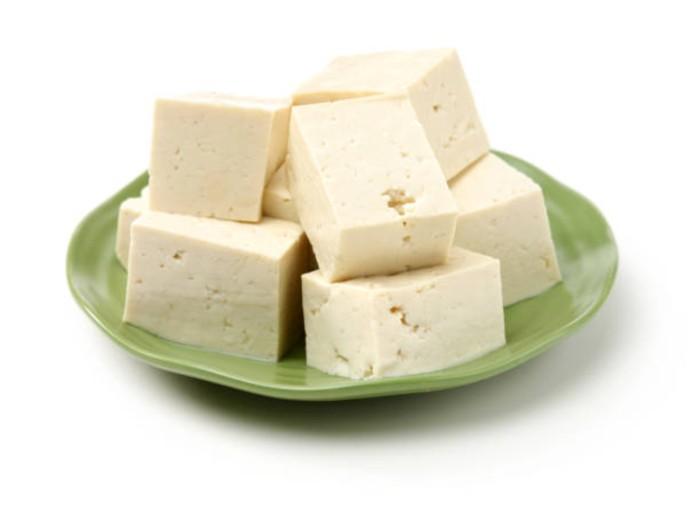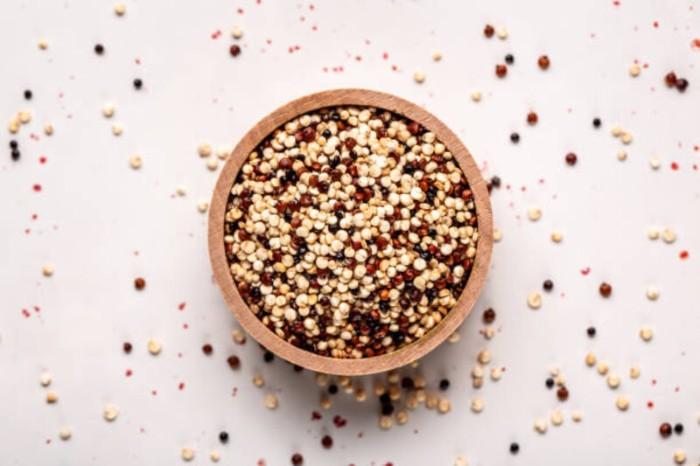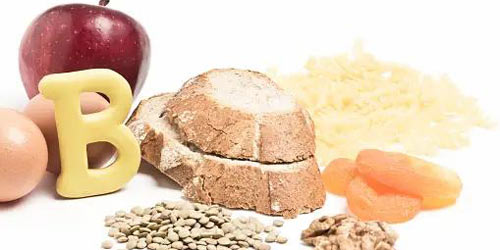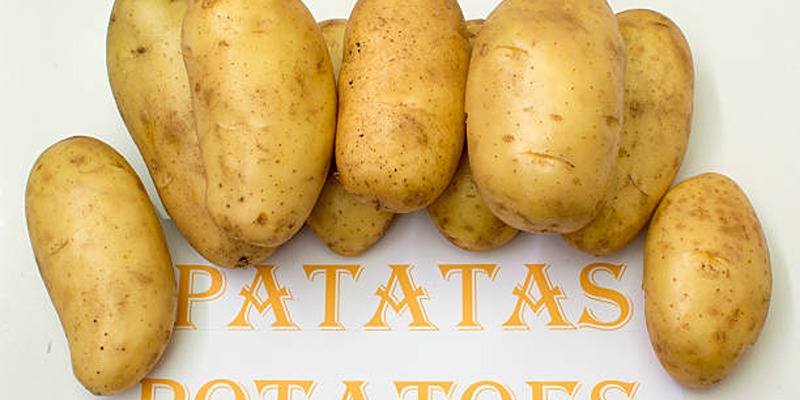As a vegan or vegetarian, you know just how difficult it can be to get enough protein in your diet — and let's face it, if you don't get the right amount of protein on a daily basis, you aren't going to feel your best. Fortunately, there are plenty of plants full of high-quality proteins that will help support your active lifestyle without sacrificing ethics or taste. From ancient grains to versatile legumes and even some nuts and seeds, we'll take a look at the 06 best sources of vegan-friendly proteins that are sure to keep your energy levels up while satisfying all those cravings. So grab a snack and read on because we're about to unlock the secret powers held within our favorite plant-based foods!
1. Tofu – A great source of protein and a versatile ingredient for cooking
Tofu, also known as bean curd, is a highly nutritious and versatile ingredient that has been used in Asian cooking for centuries. Made from soybeans, tofu is an excellent source of protein, providing all nine essential amino acids that our bodies need. With a neutral taste, tofu can take on any flavor and be used in a wide range of dishes, from savory stir-fries to sweet desserts. Whether you use it crumbled in a salad, sliced in a sandwich, or fried as a main course, tofu is a delicious and healthy addition to any meal. Additionally, it is a great choice for vegetarians and vegans who need an alternative source of protein.

2. Lentils – An excellent source of protein, fiber, and vitamins & minerals
Lentils are small but mighty legume that has been enjoyed by people worldwide for centuries. Whether you consume them in a soup, salad, or as a side dish, lentils pack a nutritional punch that is hard to beat. Not only are they jam-packed with protein and fiber, but they are also rich in vitamins and minerals like iron, folate, and potassium. Lentils are an excellent addition to any diet, whether you are a vegetarian, vegan, or meat-eater, and they are incredibly versatile in the kitchen. So next time you're looking to add a little extra nutrition to your meal, reach for a bowl of lentils and let their wholesome goodness fuel your body and soul.
3. Nuts & Seeds – A great way to get your daily dose of healthy fats and proteins
A handful of nuts and seeds can be a tasty and nutritious addition to your diet. They are packed with protein, fiber, healthy fats, vitamins, and minerals that your body needs to thrive. Not only do they help you feel full and satisfied between meals, but they also help support brain function, boost your immune system, and reduce your risk of chronic diseases. Nuts like almonds, brazil nuts, and walnuts provide heart-healthy monounsaturated and polyunsaturated fats, while seeds like chia, hemp, and flax seeds are rich in omega-3 fatty acids. So next time you need a quick and convenient snack, consider reaching for some nuts or seeds to satisfy your hunger and fuel your body with all the nutrients it needs.
4. Quinoa – An easy-to-cook grain packed with proteins, fiber, and other essential nutrients
Looking for a simple yet nutritious addition to your diet? Look no further than quinoa! This versatile grain is a powerhouse of protein, fiber, iron, and magnesium, making it an excellent choice for vegetarians and health-conscious eaters. And the best part? Quinoa is incredibly easy to cook. Simply boil it in water or broth, and you'll have a delicious and healthy base for salads, bowls, or as a side dish. With so many health benefits and culinary uses, quinoa is a must-try for anyone looking to enhance their diet.

5. Tempeh – A high-protein, low-carb alternative to meat that can be cooked in a variety of ways
Looking for a meatless option that doesn't skimp on protein? Meet tempeh, a versatile plant-based protein that's been on the rise in recent years. Made from fermented soybeans, tempeh has a slightly nutty taste and a firm texture that makes it perfect for a variety of dishes. Plus, since it's low in carbs and high in protein, it's a great alternative to meat for anyone looking to cut back on their meat consumption or follow a low-carb diet. Whether you slice it up and fry it, crumble it into chili, or marinate it in your favorite sauce, tempeh is a delicious and nutritious addition to any meal.
6. Beans & Legumes – A nutrient-dense food packed with plant-based proteins and antioxidants
Beans and legumes are a powerhouse of nutrition. Not only are they rich in plant-based proteins, but they're also loaded with antioxidants that are essential for maintaining good health. These humble ingredients are a great addition to any diet as they not only provide a satiating effect, but they also help to regulate blood sugar levels. What's more, beans and legumes are versatile and can be used in a variety of dishes, from salads to soups and stews. So, if you're looking to switch to a more plant-based diet, consider incorporating beans and legumes to make sure you're getting the full spectrum of nutrients your body needs.
Conclusion
All in all, incorporating any of these plant-based proteins into your daily diet is an excellent way to ensure that you are getting enough essential nutrients without having to rely solely on animal products. Plant-based proteins are incredibly lauded and nutritious and with the versatility and variety of ingredients available, it’s never been easier to start cooking with them! Whether you choose Tofu, Lentils, Nuts & Seeds, Quinoa, Tempeh or Beans & Legumes - you’ll be sure to get a generous serving of all the health benefits they have to offer. So why not take advantage of this amazing opportunity to boost your overall health by adding some plant-based proteins into your meals? Your body will thank you!
FAQs:
What are some plant-based proteins?
Some popular plant-based proteins include tofu, lentils, nuts and seeds, quinoa, tempeh, beans and legumes.
How do I incorporate more plant-based proteins into my diet?
Incorporating more plant-based proteins into your diet is easy and can be done in a variety of ways. Try adding lentils to soups or stews, snacking on some nuts or seeds, adding quinoa to salads, marinating tempeh for sandwiches, or using beans and legumes as a side dish. Experiment with different ingredients and recipes until you find something you like!
Are plant-based proteins as healthy as animal proteins?
Yes, plant-based proteins are just as healthy – if not healthier – than animal proteins. Plant-based proteins are often rich in antioxidants and fiber which can help regulate blood sugar levels and promote overall good health. Plus, they can be a great source of plant-based protein, so you don’t have to compromise on nutrition when making the switch.




